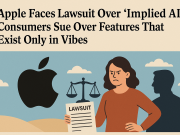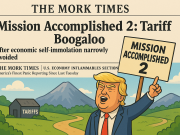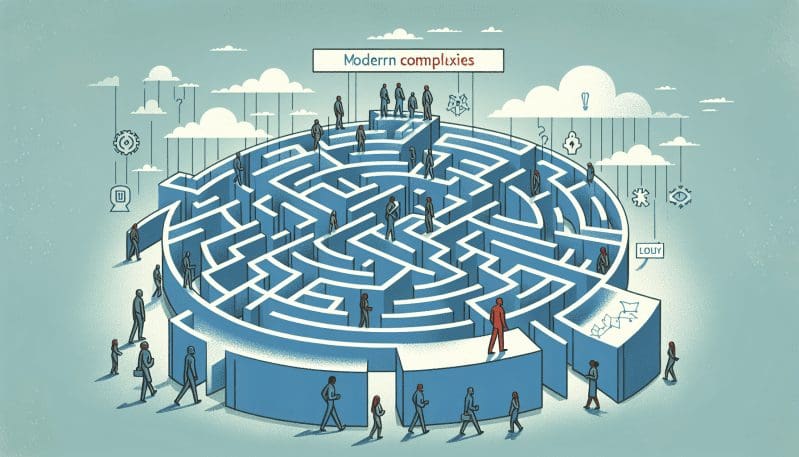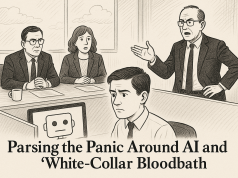In an era marked by constant evolution in work practices and management styles, the archetype of leadership is undergoing a radical transformation. Today’s leaders are not just expected to steer their organizations towards profitability but also to lead with a sense of purpose, vision, and adaptability to a rapidly changing environment. The contemporary workforce – a mixture of remote professionals, in-person teams, and hybrid arrangements – demands a new breed of leaders who can navigate through the complexities of modern work dynamics while staying true to core values and ethical standards.
The impact of remote work on leadership cannot be overstated. Leaders must now engage teams that are physically dispersed, requiring a different set of communication strategies and interpersonal skills. The digital realm necessitates a robust command over virtual collaboration tools, but more importantly, a high degree of emotional intelligence. Leaders must be in tune with their employees’ needs and well-being without the benefit of face-to-face interaction, fostering a culture of trust and support that transcends physical boundaries.
Corporate social responsibility (CSR) has also risen to the forefront of business agendas. Stakeholders now evaluate companies on the triple bottom line – people, planet, and profit. The modern leader must, therefore, be adept at integrating CSR into their company’s core strategy, making decisions that reflect the organization’s commitment to the broader social and environmental context in which it operates. This requires a balance of business acumen with a deep understanding of social issues and sustainable practices.
Technological change is relentless and shapes every facet of the workplace. Leaders must be tech-savvy, but beyond that, they must foster a culture of continuous learning and innovation. The ability to anticipate technological trends, adapt business models accordingly, and empower employees to upskill, is critical for maintaining a competitive edge. Leaders must be visionary, preempting the impacts of technology not only on business operations but on the workforce as well.
The necessity for transparent communication is more pronounced than ever. Executives are expected to be clear, concise, and consistent in their messaging. In a world inundated with information, the ability to cut through noise and articulate a vision clearly is indispensable. This transparency helps build trust within and outside the organization, an essential component in a society that values authenticity.
Ethical decision-making has become a cornerstone of respected leadership. In the face of complex dilemmas, leaders must weigh the interests of diverse stakeholders while upholding integrity and fairness. The workforce of today – especially the younger generations – seeks leaders who not only make profitable decisions but also do what is right.
In the context of diversity and inclusion, leaders play a pivotal role in shaping workplace dynamics. An inclusive leader not only appreciates but actively seeks out and values different perspectives, experiences, and backgrounds. Such leadership has proven to lead to higher innovation, better decision-making, and greater employee satisfaction.
To resonate with a workforce that prioritizes authenticity, purpose, and innovation, leaders need to embody these values and competencies. The modern leader is a facilitator, a visionary, an ethical compass, and an advocate for change. As we delve deeper into these leadership qualities, we uncover the blueprint for success in a workforce landscape that is as challenging as it is rewarding.
Join us as we dissect the multidimensional role of leadership in the modern workplace. The insights gleaned here will equip current and future leaders with the mindset and skills necessary to thrive amid the complexities of today’s – and tomorrow’s – business world.



























